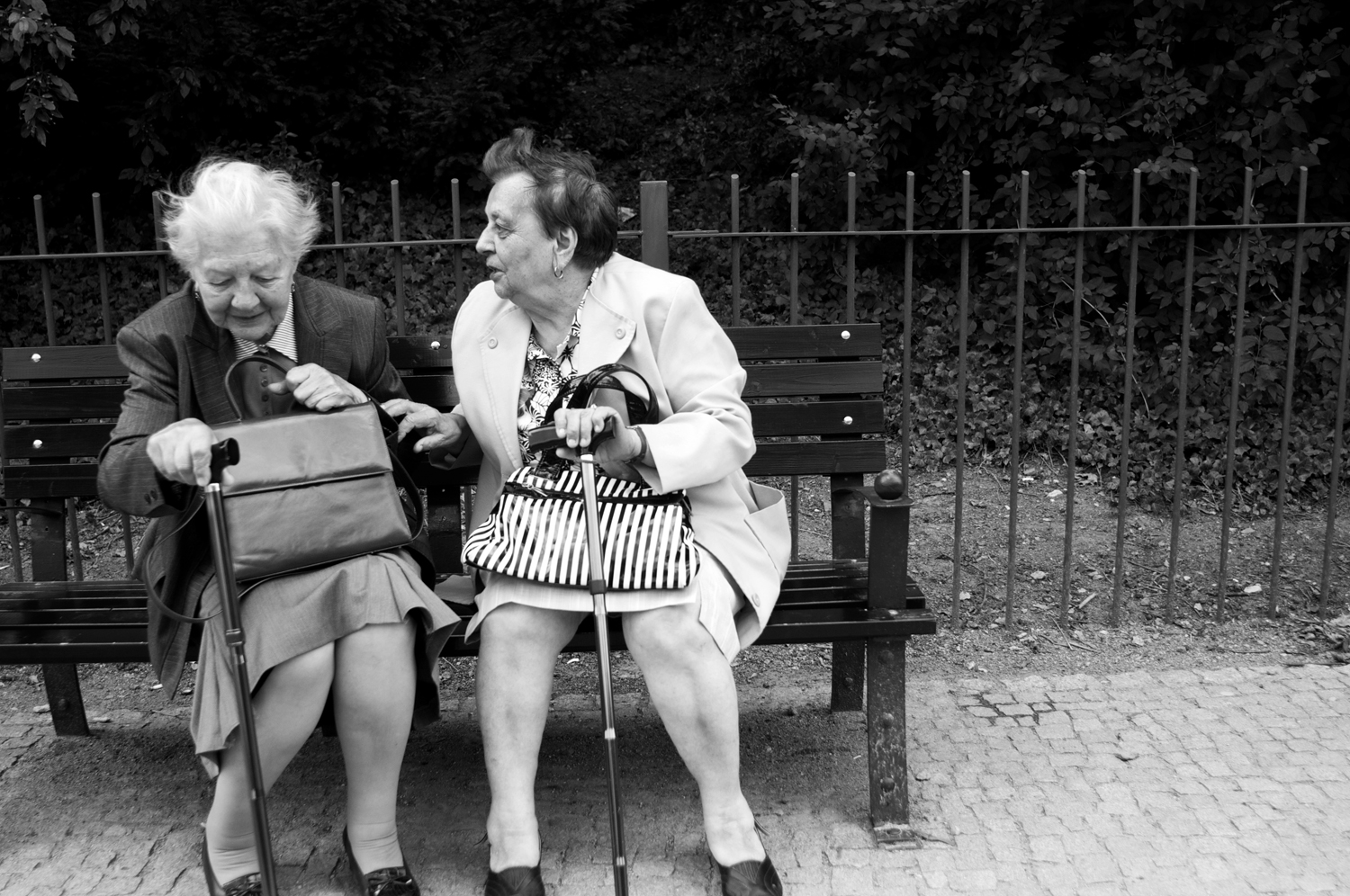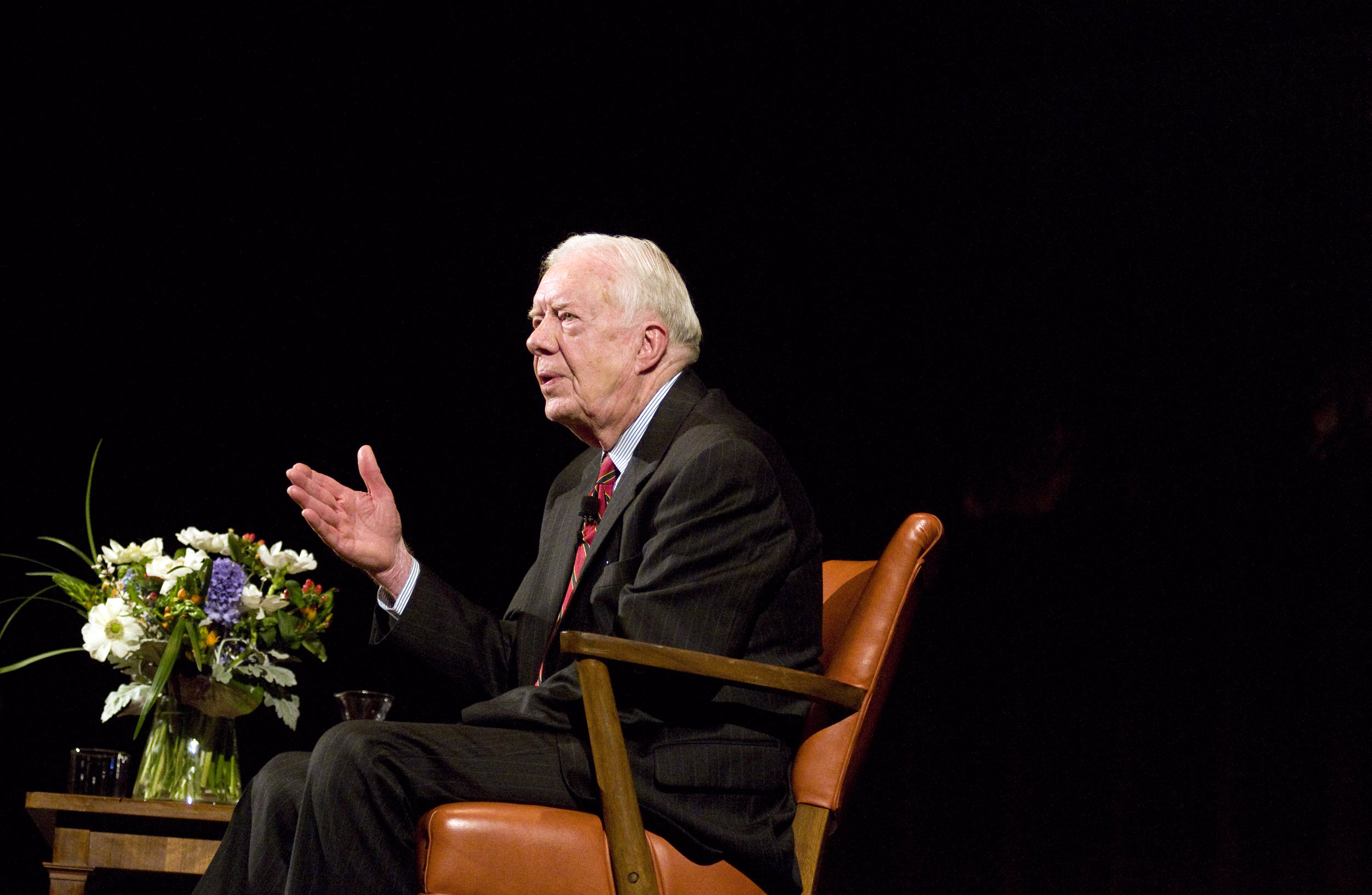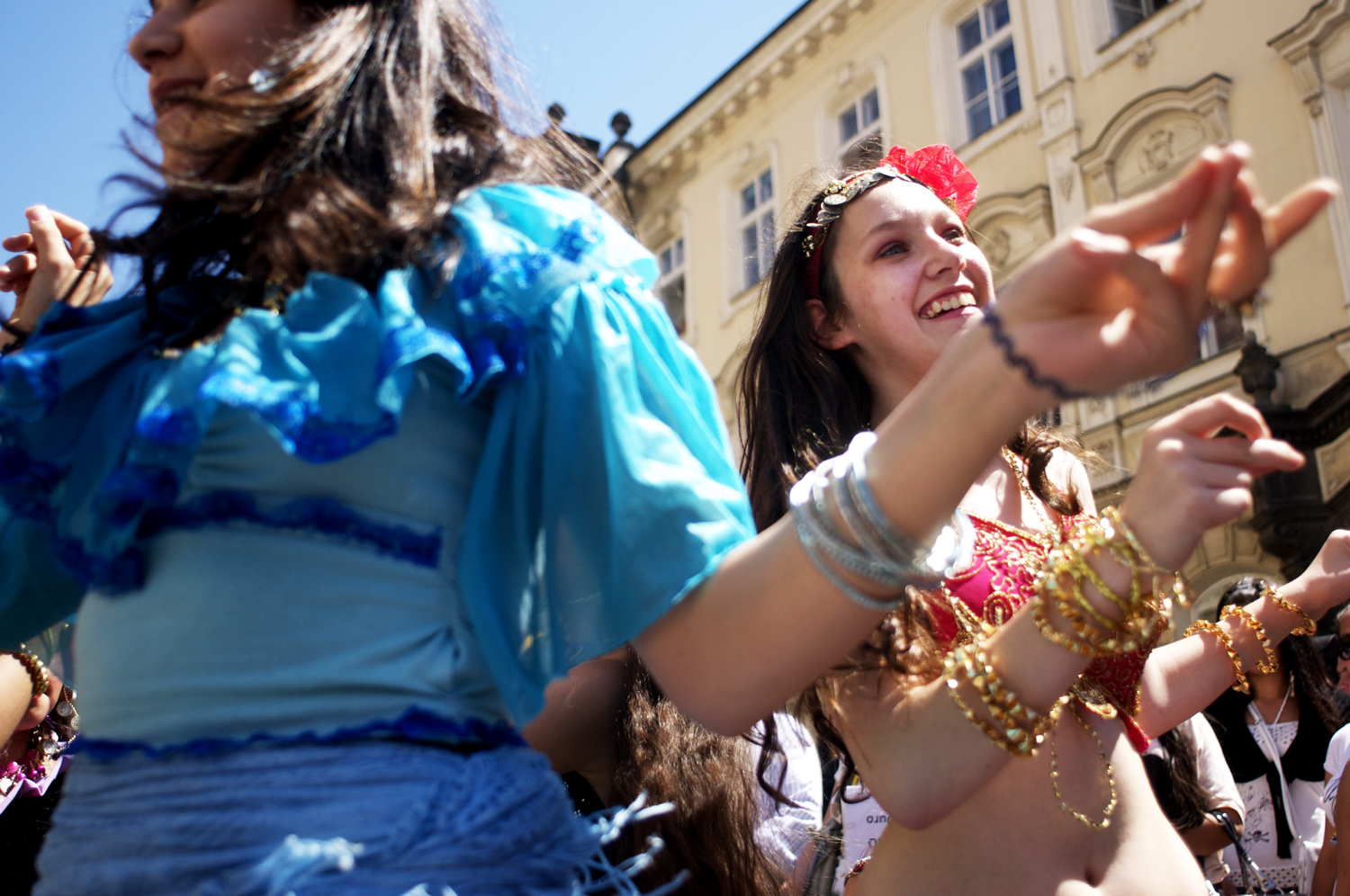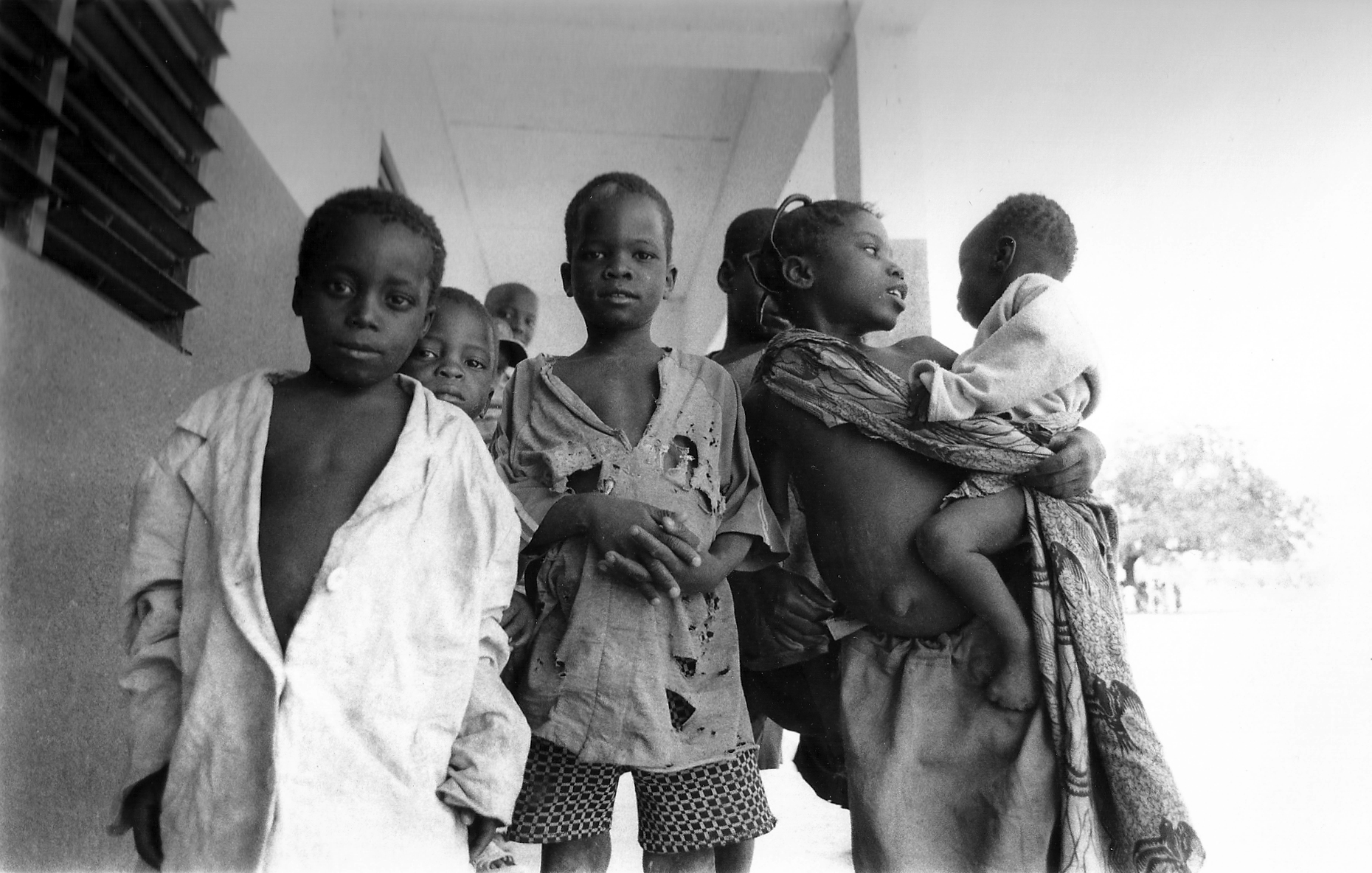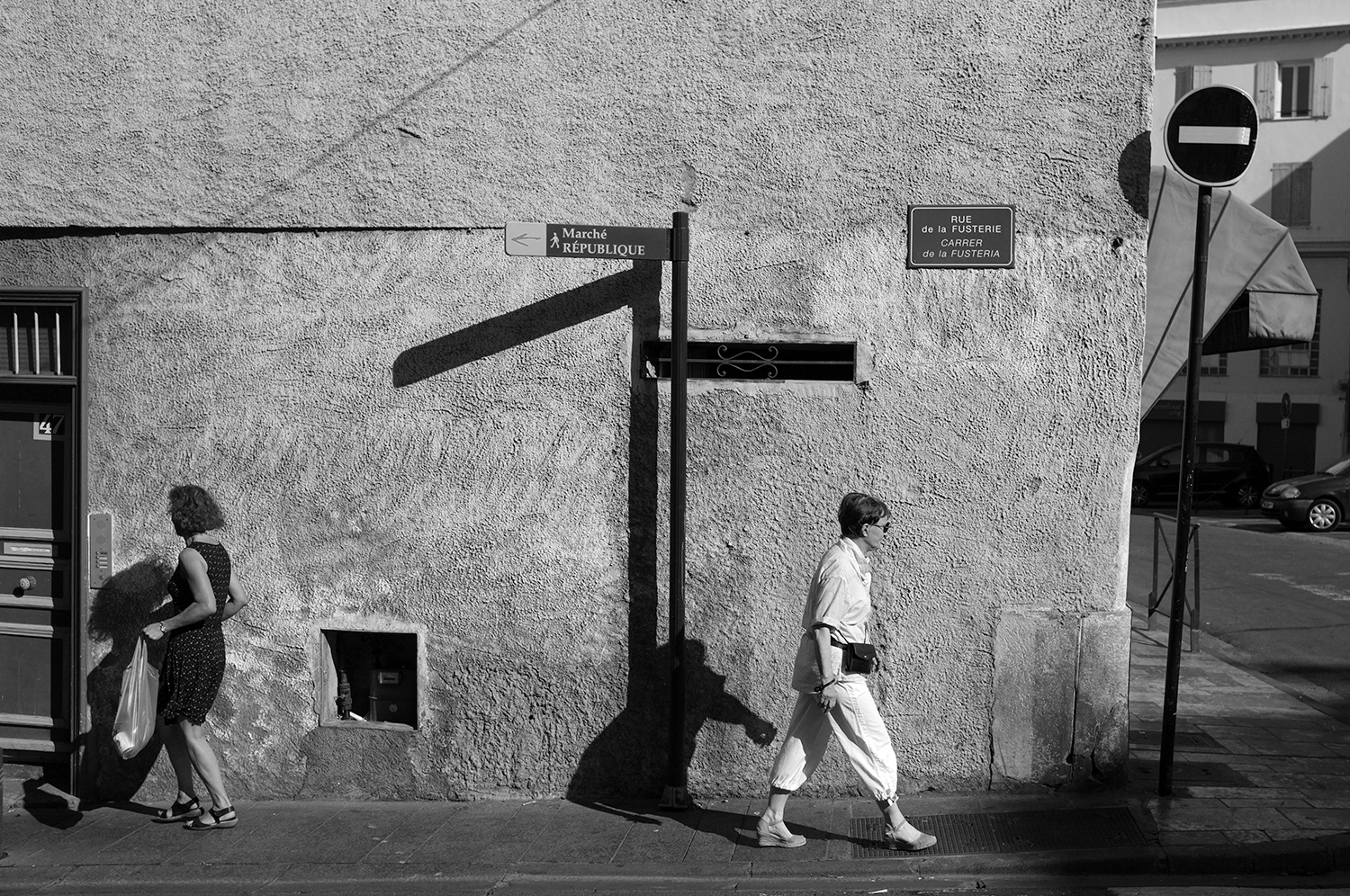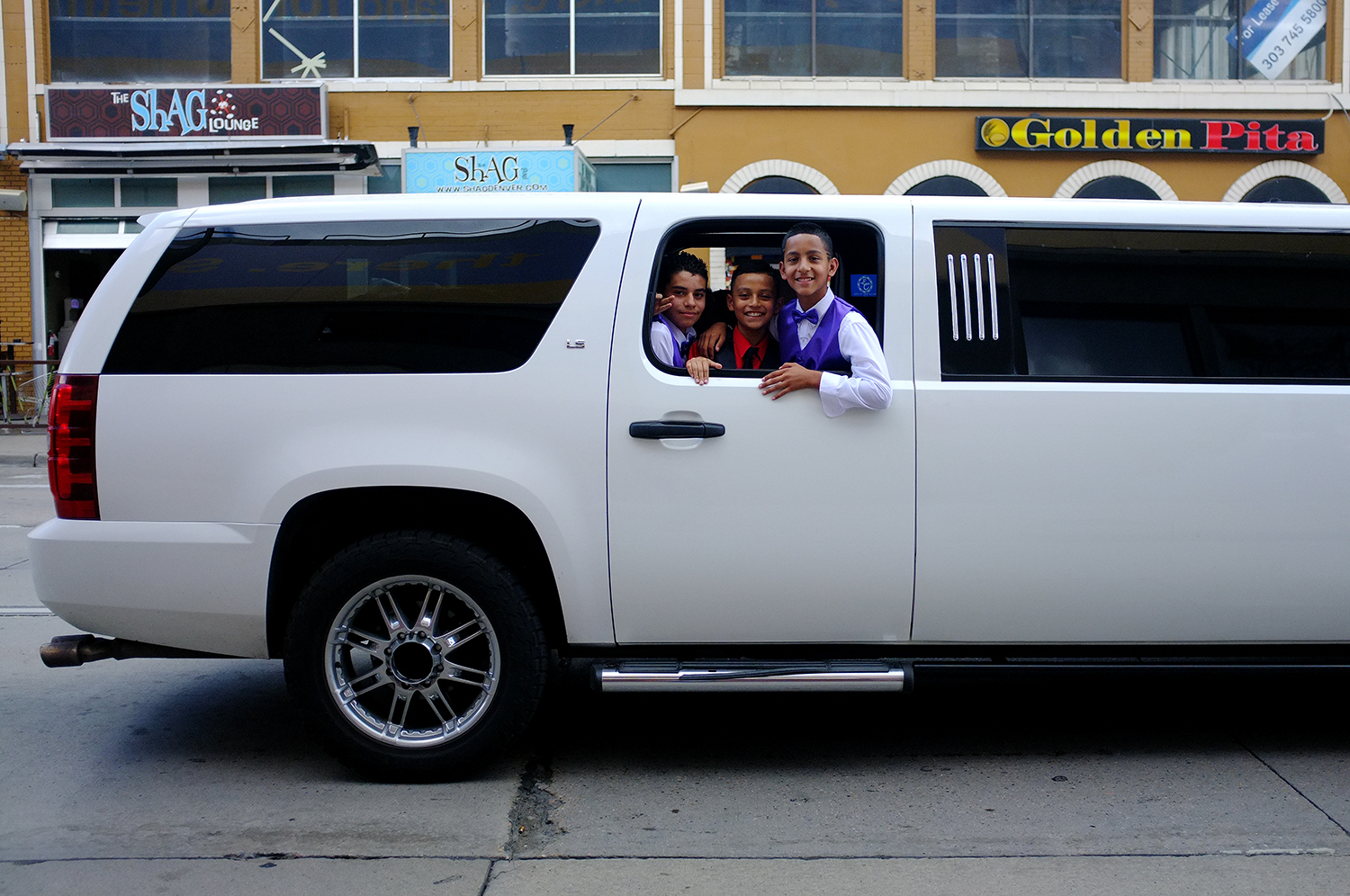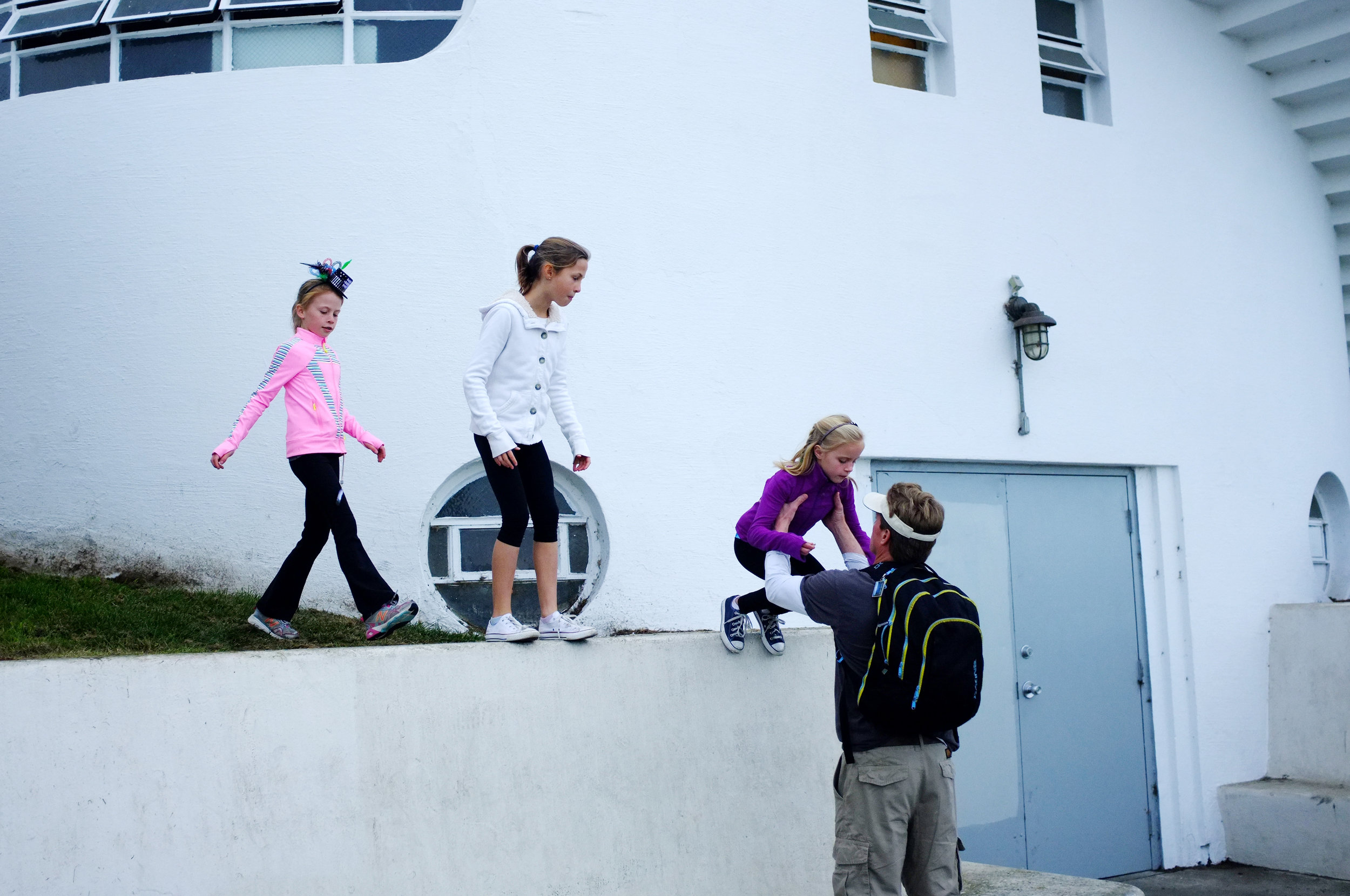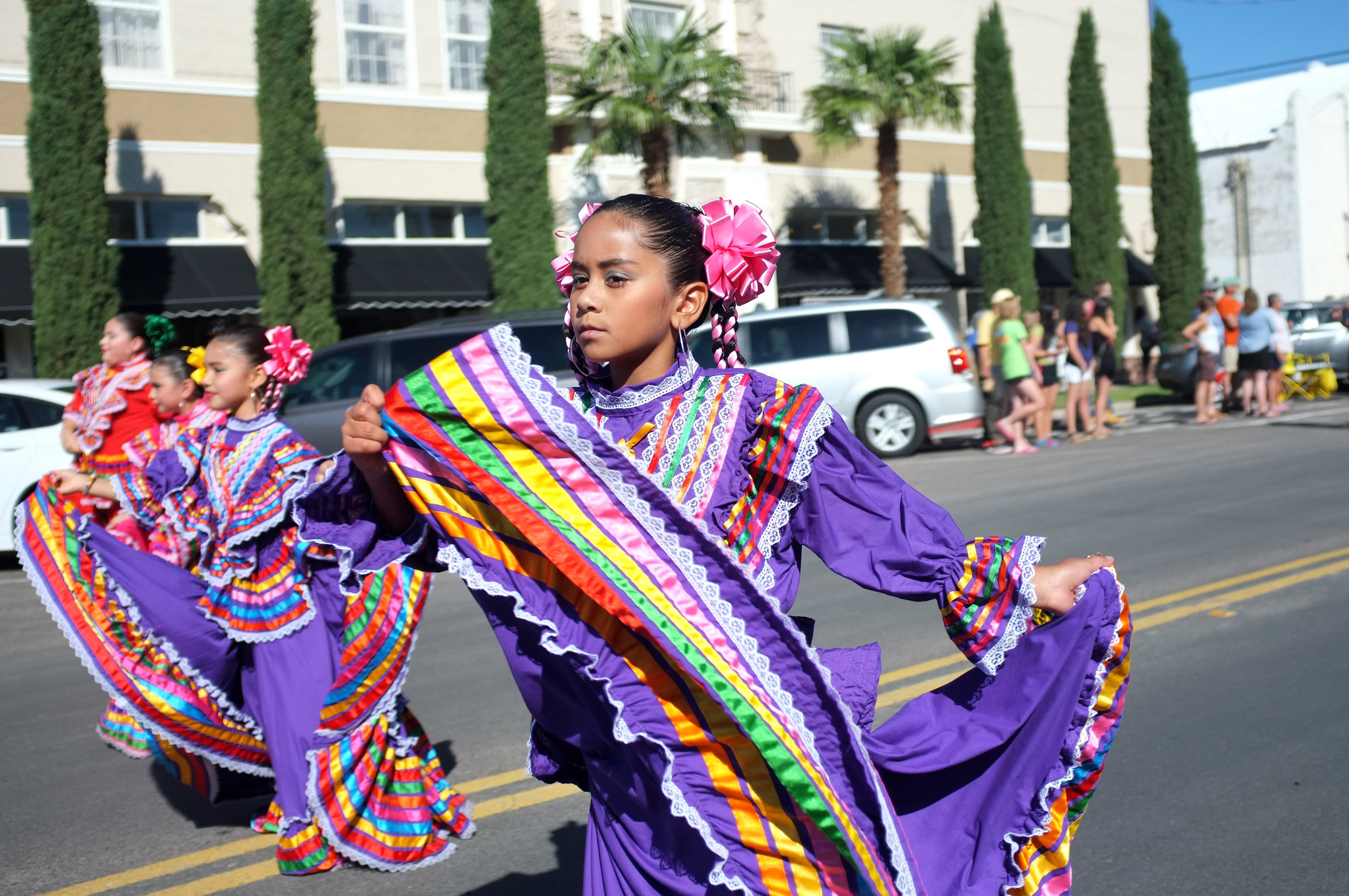Fanny Trang
/🇧🇪 🇺🇸 🇫🇷 🇬🇧 CV in brief:
🎓 Education: United Nations University - MERIT | The University of Texas at Austin - College of Communication
📊 Career so far: Maastricht University | Austin Travis County Integral Care | Foundation Communities | Children of All Nations | Reporting Texas | The Daily Texan
💻 Find Fanny online: Instagram | Twitter | LinkedIn | Portfolio
Exclusive interview by Lucie Goulet, 19 November 2016
Communications Manager | British Embassy in Paris
What do you do at the British Embassy in Paris?
I joined in August 2016 as communications manager. I deal with the digital production for the Embassy and strategize the message that we put out. I link up with the policy teams to see how we can best translate what they're doing to the public. And mostly, I work on building strong relations with our host country, France.
How did you end up working in digital?
I've always been a creative person. When I was very young, I started photography and I fell in love with that medium. I took evening courses of black and white film photography in Brussels and I really enjoyed this way of expressing myself.
I was especially interested in documentary-style photography and storytelling, so I decided to study photojournalism. While in undergrad, I also learned other multimedia platforms like audio, video, and graphic design. But a lot of it was actually self-taught.
I was passionate about digital creation and I also realized those were great skills to have when applying for jobs.
Let's talk about your career before you joined the Embassy.
My very first job was in college at UT Austin. We had one of the largest student-run newspapers in the country. We were paid, although not much, but we worked like a real newspaper. This was hands-on experience on what it is like to work in a newsroom. We ran our own editorial line and we had a 2am deadline every day.
During my last semester of college, I started an internship at a non-profit that dealt with international adoptions. Because I speak French, I started handling cases in French-speaking countries such as Haiti and DR Congo. Once I graduated, I joined the organization full time. I was following up families' adoption cases in Europe, Africa and the Caribbean. I talked to lawyers and social workers from around the world. It was an interesting experience but I had ethical concerns regarding the field of international adoption and I eventually decided to quit.
At this point, I was relying on freelance photography because I didn't really have a job lined up. I found a short gig working on a campaign for affordable housing in Austin, Texas. It’s actually in Texas that I started becoming politically engaged, but it turns out working on campaigns was not my thing. I enjoyed talking to people for way too long about issues not always related to affordable housing. However, it was a rich experience because I got to see parts of Austin (and meet people) that I did not know about, especially lower income areas of the city.
After that, I went back into digital as a multimedia and production coordinator for the local mental health authority in Travis County (Texas). I worked with incredibly passionate people that dealt with people with mental illness, people with addiction, and the homeless. I got to go in the field to do video testimonials and interview folks to raise awareness on mental health issues.
You did a master’s degree in Public Policy and Human Development.
I specialized in Social Protection Policy Design and Financing at the United Nations University in Maastricht, The Netherlands. It involves a lot of math to figure out how to make people's lives better. It's a very practical master’s. It was intense because this two-year program is designed to fit in one, so every month we had a different course.
I just defended my thesis, which was about one of the programs I used to work on before, Housing First, a program to help the homeless with mental illness.
Which skills do you feel your master’s degree has given you that you wouldn't have otherwise?
It was very technical, very policy-heavy. The most valuable subject was Econometrics, which is a way to use statistics to quantify economics/social sciences. It was a master about learning the skills and the software we needed to be true public policy analysts.
It was hard at first and it's not something I use in my day-to-day work now. However, it did teach me how to critically think about social issues. It taught me how to use and analyze data, which has helped me in strategizing messages for the Embassy, understanding the policy topics we deal with, and measuring the impact of our campaigns.
In my current job, I combine my digital and analytical skills on a daily basis. I make infographics, I monitor the press, I have to understand policy implications, etc. I also care a lot about making information and messages visually attractive but also accurate. Often, graphic designers tend to be very visual, but not always accurate.
My studies have helped me understand the work my policy colleagues do and how to best communicate it to the public.
How did you join the British Embassy?
The process was fairly simple. I answered a set of questions on the online application on how I dealt with certain situations. It was a manager position and I am quite young, so I was worried I wouldn’t get it. I thought they would want someone with more years of experience (I have five).
But I knew I had the hard skills for the job, especially on the digital side. I went for the interview my last week of class, at the same time as my exams. There was a train strike in Belgium or France, I don’t remember, so I took a bus to Paris the night before. I had to do a presentation in the interview, so I worked on it on my 7 hours-long bus ride.
It was an hour-long interview with a 30 min exercise and a 10 min presentation, pretty relaxed. I had the impression they were more trying to feel my personality rather than check my skills because I think I showed with my portfolio that my skills were strong. They mostly asked me how I would react given certain situations, or how I would solve issues in a given context.
Then I had prepared a 10 minute presentation offering a digital strategy for the Embassy. The guidelines were quite open, so I created a four-folds strategy using platforms like print media and Facebook Live. I had to think about what an Embassy does: diplomacy, cultural events, consular services, etc.
For the cultural section, there was a Euro game coming up. So I made little Euro 2016 tickets with a picture of a kids’ football game that took place at the Embassy earlier (I found it on their Facebook page). I printed them out and gave them to the panel while I was presenting and they really liked it.
I tend to be too relaxed in a situation of stress, so I think I was very chilled.
Why do you think you're relaxed in situations of stress?
It’s my way of coping with it. It's not always good because sometimes I'm overly confident. I failed my econometrics exam the first time since I was sure it would, somehow, work out.
I think “there's always worse thing that can happen”. If I don't get the job, it's not that big of a deal. If I fail the exam, I'll retake it. It's not worth spending the energy stressing on that stuff.
You're American and Belgian. You work for the British Embassy in Paris. How does that work?
I had no idea that the British Embassy allowed non British citizens to work at the embassy. I was very surprised. You just have to have a work permit in the country and to know the languages. Many embassies work that way. They hire local staff but the diplomats are citizens. At the British embassy there are lots of French and British people, but it is quite a diverse environment.
Do you have limitations because you're not British?
The only limitation is that I can't be a diplomat with the British foreign service, but at the moment, I don’t necessarily have the desire to be a diplomat. However, I still can access the diplomatic academy which trains people in foreign policy.
I think having lived in different countries is a benefit because it has given me a more open view of the world. I've lived in the US for a long time, so I bring that with me, especially in the digital work where I find inspiration from American sources like NPR and the New York Times.
You're fairly early in your career, what are your goals?
Several years ago I found a video about Celine Schmitt, a spokesperson at UNHCR. She gets to do photo, video, writing, talks to journalists... I've always seen that as my goal because there is a huge diversity of work in the field of communication and you get to meet and work with a lot of people from different backgrounds. My position now at the British Embassy is very close to that. I was not expecting to be at this point at my age because I'm just 25. It's a big surprise for me, but I am very happy!
Goals tend to evolve. I had a goal to get my master’s degree earlier. I applied through the University of Texas because I had studied there but I didn't get into the program the first time around. I was very disappointed, but I took that as a wakeup call. Clearly I was not prepared. I did not score very well in the entrance exam. So I spent the following year taking additional classes and applying to several programs. I worked very hard and it paid off so much more.
My goal now is to work for the UN or some international agency that has the weight to change things. I've worked in non-profits before and I really enjoy this environment. I like the drive of the people who work there, but often I have experienced them to be a bit disorganized. Working as a public servant is something I have always wanted to do because I believe that governments have a duty to help their people.
What do you think the most useful thing you've learned is?
Bouncing back. I've been through disillusions before, like with my first job after college, where I got very disappointed by what the organization was doing and the role I played in it. But it taught me to be resilient. Same thing with not getting into grad school the first time. It was not easy, but it put me back in my place and it made me reassess myself at the time. So I think sometimes it is actually a good thing to fail. What is important is how you can learn from that and how you manage to change the situation into something better. Sometimes, you bounce back very quickly, and sometimes it will take longer.
Those disappointments also made me realize I needed to take my time. I was 22 the first time I applied for grad school, which is really young. You can't expect to get everything you want right away. And I had (still have a bit) a tendency to want milestones to happen quickly. Sometimes, you just need to take your time. Use that time to be more prepared and to try different fields. I also think it's good to aim high, as long as it is realistic for the moment you’re in. This is especially true for young people; I have always felt like I had to get certain things done by a certain time, but there is no rush.


